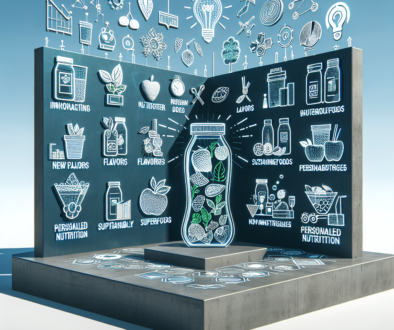Distribution Characteristics Of Extracellular Matrix-Related Proteins In Aged Yak Testes
Keywords
Aged Yak, Testis, Laminin, Collagen, Heparan Sulfate Glycoprotein, Immunohistochemistry
Abstract
Explore the distribution characteristics of extracellular matrix-related proteins in the testicles of aged yak. Histochemical methods were used to compare and observe the structural characteristics of the testicles of 9 healthy old yaks and 10 young yaks, as well as the distribution characteristics of laminin (ln), collagen type IV (colIV) and heparan sulfate glycoprotein (hspg). The results show that: under light microscope, the seminiferous epithelium of old yak is partially or completely degenerated, and the intrinsic membrane of seminiferous tubules and interstitial collagen fibers and reticular fibers are richer than those of young yak; the ab- The positive reaction of pas is stronger than that of young yak. Data statistics show that the number of sertoli cells and leydig cells in old yaks are significantly reduced, and the cross-sectional area of seminiferous tubules and the average interstitial tissue area are significantly larger than those in young yaks (p<0.01). Immunohistochemistry showed that the expression of ln in sertoli cells and myoid cells in the testicles of old yak was similar to that in young yak, the expression of ln in spermatogenic cells was reduced, and there was almost no expression in leydig cells; the expression location and intensity of colIV in the testicular tissue of yak of different ages Similar, but there is no statistical difference in the average absorbance detection results; the expression of hspg in testicular tissue of old yak is mainly reduced in leydig cells, and the average absorbance detection statistics is extremely significantly lower than that in young yaks (p<0.01); the expression of ln, col¢¤ and hspg in the same age group No significant difference. In the plateau environment, the degeneration of the seminiferous epithelium of aged yaks is accompanied by morphological changes such as an increase in interstitial components, an increase in interstitial area, a decrease in the number of leydig cells and sertoli cells; the secretion of colIV in testicular tissue increases and the synthesis of collagen fibers is enhanced, and the expression of ln and hspg Significant reduction may affect the synthetic and secretory capacity of leydig cells. For further information of this article and research, feel free to contact our team for asssitance. Original research was done by Yuan Ligang, Zhu Junfeng, Gu Laifeng, Chen Guojuan
About ETChem
ETChem, a reputable Chinese Collagen factory manufacturer and supplier, is renowned for producing, stocking, exporting, and delivering the highest quality collagens. They include marine collagen, fish collagen, bovine collagen, chicken collagen, type I collagen, type II collagen and type III collagen etc. Their offerings, characterized by a neutral taste, and instant solubility attributes, cater to a diverse range of industries. They serve nutraceutical, pharmaceutical, cosmeceutical, veterinary, as well as food and beverage finished product distributors, traders, and manufacturers across Europe, USA, Canada, Australia, Thailand, Japan, Korea, Brazil, and Chile, among others.
ETChem specialization includes exporting and delivering tailor-made collagen powder and finished collagen nutritional supplements. Their extensive product range covers sectors like Food and Beverage, Sports Nutrition, Weight Management, Dietary Supplements, Health and Wellness Products, ensuring comprehensive solutions to meet all your protein needs.
As a trusted company by leading global food and beverage brands and Fortune 500 companies, ETChem reinforces China’s reputation in the global arena. For more information or to sample their products, please contact them and email karen(at)et-chem.com today.



